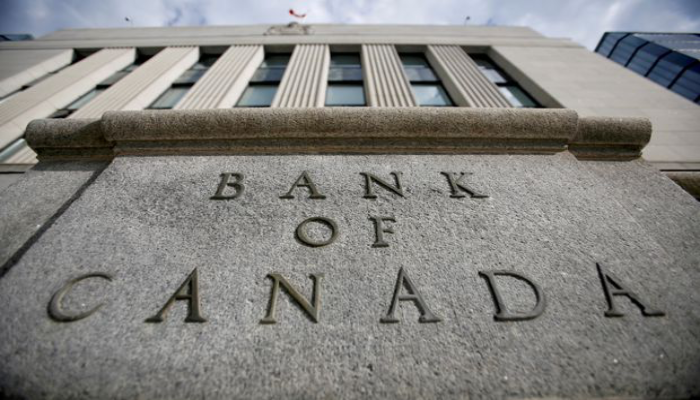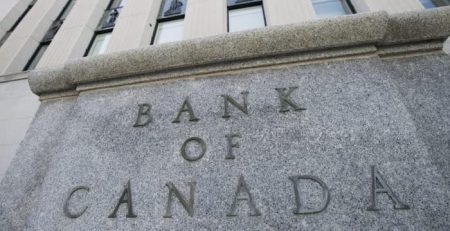Bank of Canada researchers argue in favour of inflation overshoots following recessions
[Globe and Mail – July 28, 2021]
Central bankers should let inflation run temporarily above target when the economy is coming out of a severe recession, according to new Bank of Canada research that provides a window into how the central bank is thinking about inflation as the pandemic wanes.
The paper, published last week by three senior bank economists, argues that monetary policy should allow inflation to rise above the bank’s 2-per-cent target following major recessions where interest rates hit rock-bottom, in order to promote faster growth and bring disadvantaged groups back into the labour force.
The research is not an official bank position, but it supports bank Governor Tiff Macklem’s continuing emphasis on an “inclusive” labour market recovery, which ties interest rate decisions to a broad range of employment metrics.
It also lands in the middle of a heated debate about inflation and whether the recent surge in consumer prices will be temporary or longer-lasting.
The annual rate of consumer price index (CPI) growth hit 3.6 per cent in May, and analysts expect June inflation to come in around 3.4 per cent. Statistics Canada will publish the June data Wednesday. The central bank’s own forecast sees inflation remaining above 3 per cent for the rest of the year, and not returning sustainably to its 2-per-cent target until 2024.
The current spike in inflation is partially the result of transitory factors, including year-over-year price comparisons and supply chain bottlenecks. However, the medium-term outlook for above-target inflation is the result of deliberate choices made by the bank’s governing council.
Mr. Macklem has not been shy about this fact. The bank’s promise to keep the policy interest rate at 0.25 per cent until the “output gap” closes − something that the bank expects to happen in the second half of 2022 − guarantees there will be a “modest increase in inflation above the target before we go back toward target in 2024,” Mr. Macklem said at a press conference earlier this month. This is because interest rate changes typically take 18 to 24 months to have full effect.
The new paper, titled “Exploring the Potential Benefits of Inflation Overshooting,” puts theoretical meat on the bones of Mr. Macklem’s comments and helps explain his willingness to tolerate above-target inflation. It was written by Marc-André Gosselin, managing director of the bank’s Canadian economic analysis department, senior research director Robert Amano and senior economist Kurt See.
The idea that an inflation-targeting central bank should occasionally allow inflation to run above target is tied to what economists call the “effective lower bound” (ELB) problem.
Central banks usually stimulate the economy by cutting their policy interest rate. When interest rates are already low, however, central banks can quickly arrive at the “effective lower bound,” which the Bank of Canada deems to be 0.25 per cent. This happened last March at the outset of the pandemic.
The main argument made by Mr. Gosselin and his colleagues is that central banks can get more stimulus at the ELB by raising inflation expectations among consumers, which has the effect of lowering real interest rates. One way to do this is by committing to hold interest rates down and letting inflation run high.
In addition to providing stimulus, the authors argue, this helps bring a diverse set of workers back into the labour force following a recession, including women, racialized workers, young people and the long-term unemployed.
This echoes thinking at the U.S. Federal Reserve, which now believes it can get the unemployment rate lower than previously thought without triggering runaway inflation. This led the Fed to adopt a new policy regime called average inflation targeting last summer, which actively targets inflation overshoots after periods of low inflation.
“What’s interesting is that the Fed has that dual mandate, so it’s pretty much enshrined in its mandate that it needs to bring the labour market to full employment,” Jimmy Jean, chief economist at Desjardins Securities, said in an interview.
“The Bank of Canada doesn’t have that mandate, but the bank still seems to have this mindset this time around of being very attuned to labour market developments. It seems like we’re just short of having a dual mandate,” Mr. Jean said.











